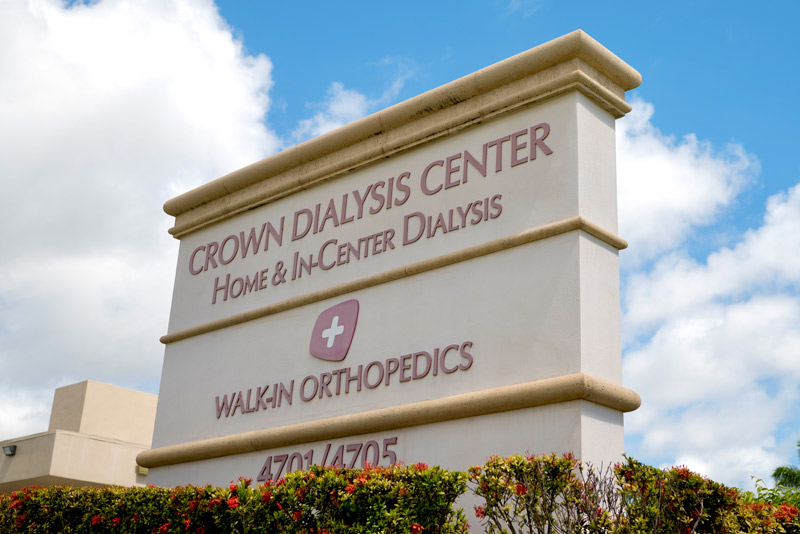Crown Dialysis patients have 3 successful Kidney Transplants this year!
Lean more about Kidney Transplant below.
What is a kidney transplant?
A kidney transplant allows a person whose own kidneys have failed to receive a new kidney from another person. A successful kidney transplant can improve many of the complications of kidney failure.
A kidney may come from living donors or from individuals who have died (deceased donors). A living donor may be someone in your immediate or extended family, or it may be your spouse or a close friend. In some cases, a living donor may even be a stranger who wishes to donate a kidney to someone in need of a transplant. A deceased donor is someone who has consented to donate his or her organs upon death. In situations where the wishes of the deceased donor are not known, family members may consent to organ donation (N.K.Foundation,2009).
How do I start the process of getting a kidney transplant?
You Can find a transplant program by state or region using the website of The Organ Procurement and Transplantation Network (www.optn.org/members/search.asp). You may also ask your doctor about the transplant process. He or She can refer you to a transplant center for evaluation (N.K.Foundation,2009).
What are the chances that a transplanted kidney will continue to function normally?
A number of factors affect the success of kidney transplantation. Generally, the chances that a transplanted kidney will continue to work correctly are between 89-95 percent one year after the operation (N.K.Foundation,2009)
If I have diabetes, can I have a pancreas transplant?
Sometimes. It may be possible for a patient with type 1 diabetes to receive a pancreas transplant along with a kidney transplant. Your doctor can advise you about this possibility (N.K.Foundation,2009).
How can I pay for my transplant?
Medicare Part B will cover 80 percent of the cost of your antirejection medication. You will need to apply for Medicare Part B and also need a supplemental or secondary insurance policy. For medicines, Medicare Part D (prescriptions and Drug Plan benefits) can help. The financial counselor or social worker at your transplant center will be available to answer questions about coverage options(N.K.Foundation,2009).
Private or commercial health insurance policy, please contact your insurance company customer service or transplant coordinator, to obtain more information.
What is the financial cost to the living donor?
The living donor should have no financial responsibility for the surgical cost of kidney donation. The living donor evaluation and surgery are covered by Medicare or recipient’s insurance. However, he or she is not covered for time off from work, travel, lodging expenses, and incidental expenses. Travel and lodging cost may be covered by the recipient, or the National Living Donor Assistance Program(www.livingdonorassistance.org),(N.K.Foundation,2009).
Cite/ National Kidney Foundation (2009). Kidney Transplant. Love Your Kidneys,4-27.www.kidney.org 11-1-0304_JAJ
Crown Dialysis patients have 3 successful Kidney Transplants this year already.
Our team of Nephrologist, RN’s, Dietitian and Social Worker, maintain the dialysis facility -level referral for kidney transplant evaluation priority for our patients.


